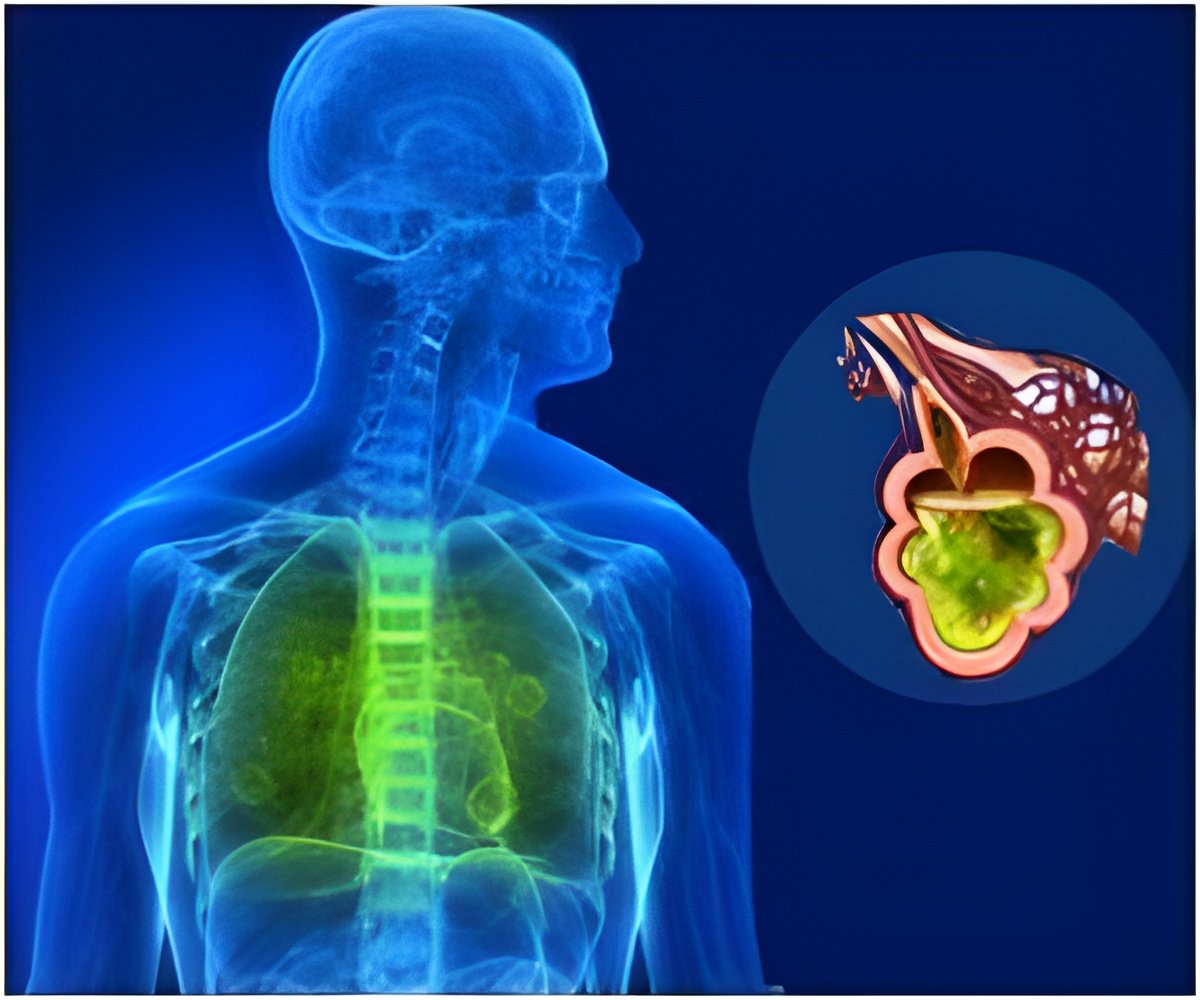
‘The results of the study will provide new safe drugs to combat viral diseases. Primarily with severe influenza and COVID-19.’
Tweet it Now
Specialists from the UrFU have created a method for the synthesis of new chemical compounds. They contain azoloazine heterocycles, substances that can inhibit the activity of interleukin-6. This is a group of molecules that play an important role in the immune response. However, according to scientists, in some cases, an excess of interleukin causes uncontrolled inflammation, tissue destruction and threatens the lives of patients. New compounds will help contain this dangerous reaction.
Lung Inflammation
“In general, the direction of our research is more fundamental, but we can create an applied product based on this knowledge. Thanks to our initial fundamental research, a number of medicines have already entered the pharmaceutical market,” says Konstantin Savateev, a researcher at the Laboratory of Organic Synthesis of UrFU.The therapeutic effect of heterocycles was confirmed by specialists from the Volgograd State Medical University. They observed experimental animals and carried out histological studies of their lungs. The mice were injected with new compounds and a special toxin that caused inflammation. The same occurs with severe lung damage, the scientists noted.
Currently, the substance dexamethasone is used in medicine. It depresses the immune system, which in some cases is an undesirable side effect. The new compounds show anti-inflammatory effects on the level of dexamethasone, but do not suppress immunity.
In the future, scientists will analyze the results of the study to identify fragments of the molecule on which the anti-inflammatory effect depends. With these data, new heterocycles with even stronger properties can be synthesized. After that, the specialists plan to move on to the creation of a drug with an application for preclinical trials.
Advertisement












